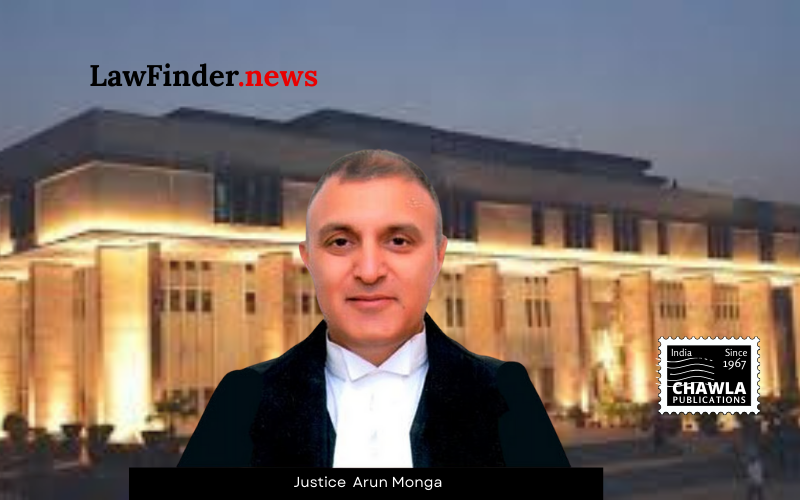Court Calls for Legislative Clarity to Resolve Conflicts Between Personal Laws and National Legislation
In a landmark decision, the Delhi High Court has granted bail to Hamid Raza, a Muslim man accused under Section 376 of the Indian Penal Code (IPC) and Section 6 of the Protection of Children from Sexual Offences Act (POCSO). The Court considered the prosecutrix's consent, her statement supporting the accused, and the questionable bona fides of the FIR, while highlighting the need for legislative clarity to resolve ongoing conflicts between Islamic law and Indian criminal laws.
Justice Arun Monga emphasized the validity of the marriage under Islamic law, where puberty is presumed at the age of 15 unless proven otherwise, allowing minors to marry. The judgment pointed out that while such marriages may conflict with Indian criminal laws like POCSO, they are valid under personal law. The Court noted the prosecutrix's assertion that she was 20 years old and had voluntarily married Raza.
The Court expressed grave concerns over the FIR filed by the prosecutrix's stepfather, who is also facing trial for sexual assault charges against her. The judgment scrutinized the credibility of the FIR, suggesting potential misuse of the legal process by the stepfather to shield his own misconduct.
The Court lamented the prolonged delay in trial proceedings, which violated the applicant's fundamental right to a speedy trial under Article 21 of the Constitution. The applicant's arrest was deemed unconstitutional due to violations of Articles 22(1) and 22(2) of the Constitution and provisions of the Bharatiya Nagarik Suraksha Sanhita (BNSS), 2023, including delay in production before the magistrate and failure to supply written grounds of arrest.
The decision also advocates consideration of a Uniform Civil Code (UCC) to address conflicts between personal laws and national legislation. Justice Monga underscored the necessity of legislative intervention to ensure legal certainty, balancing religious freedoms while prohibiting practices like child marriages that directly conflict with Indian criminal statutes.
The Court appreciated the assistance rendered by Islamic law experts and amicus curiae in resolving the complex legal issues involved in the case. The judgment refrained from expressing conclusive opinions on the legality of the marriage but called for legislative clarity and a pragmatic approach to harmonize personal laws with national legislation.
Bottom Line:
Bail granted to a Muslim man accused under Section 376 IPC and Section 6 of POCSO Act on the basis of a valid marriage under Islamic law, prosecutrix's consent, and the questionable bona fides of the FIR.
Statutory provision(s): Indian Penal Code, 1860 Section 376, Protection of Children from Sexual Offences Act, 2012 Section 6, Muslim Personal Law (Shariat) Application Act, 1937 Section 2, Prohibition of Child Marriage Act, 2006 Sections 3 and 12, Articles 22(1), 22(2), and 21 of the Constitution of India, Bharatiya Nagarik Suraksha Sanhita (BNSS), 2023
Hamid Raza v. State of NCT of Delhi, (Delhi) : Law Finder Doc id # 2783912




